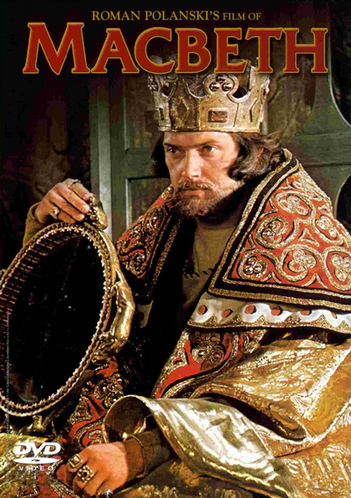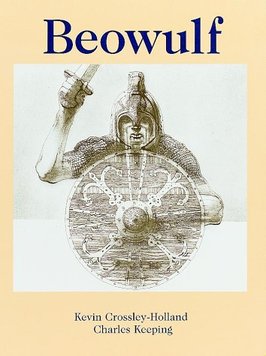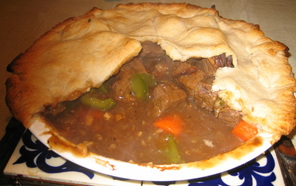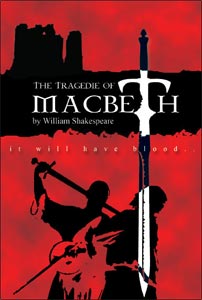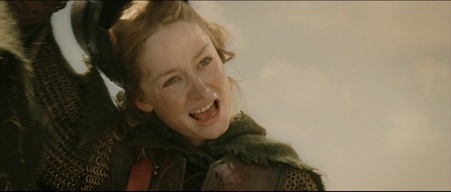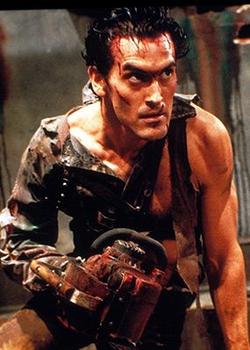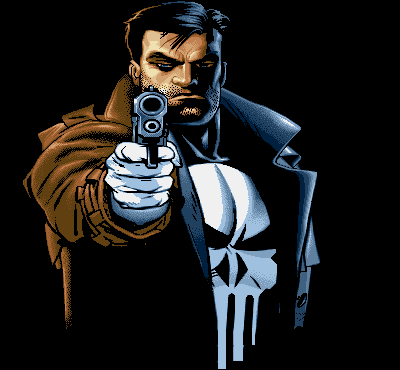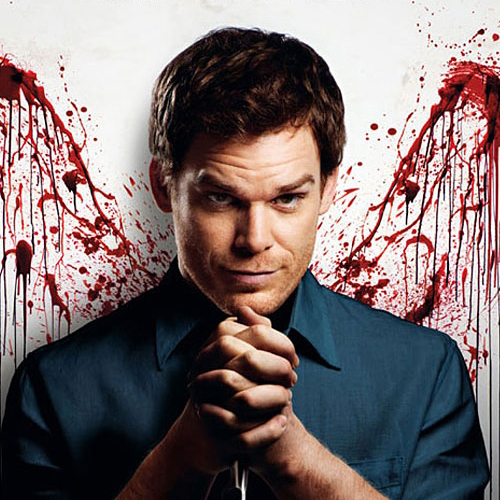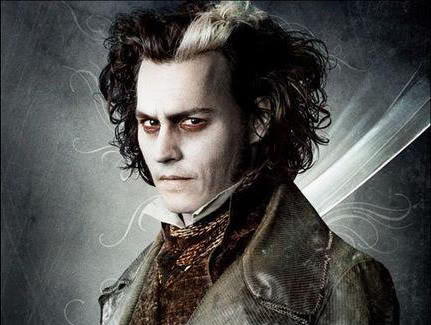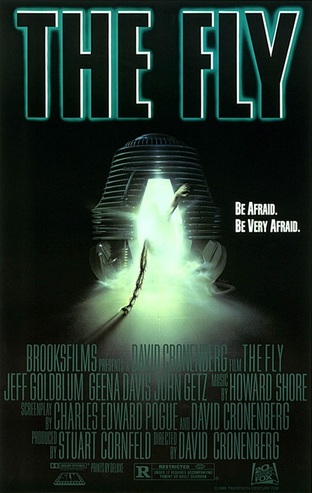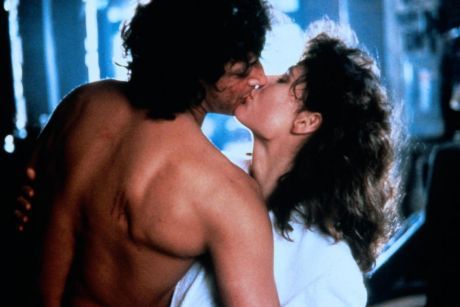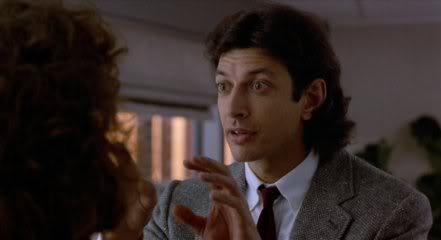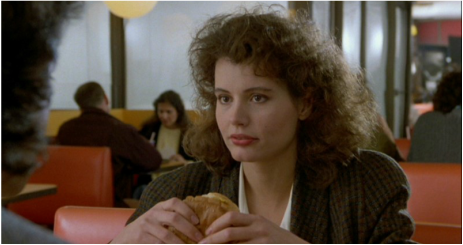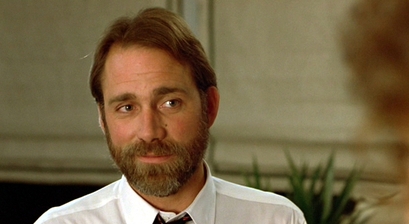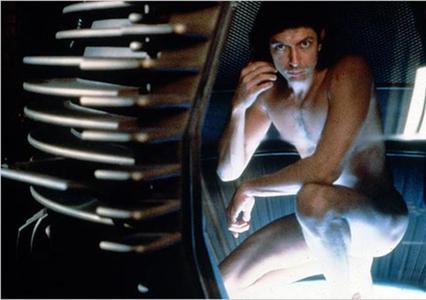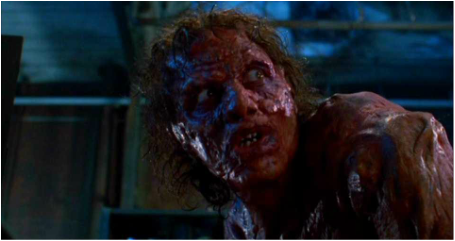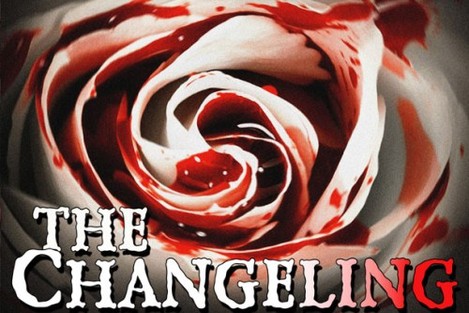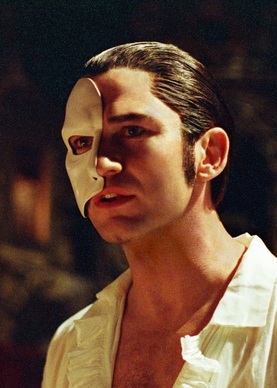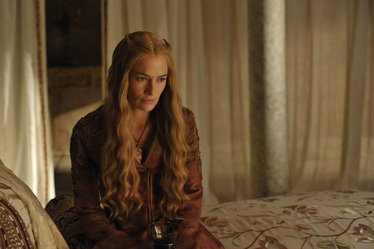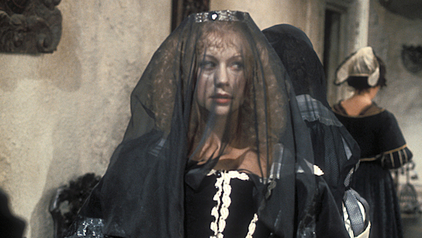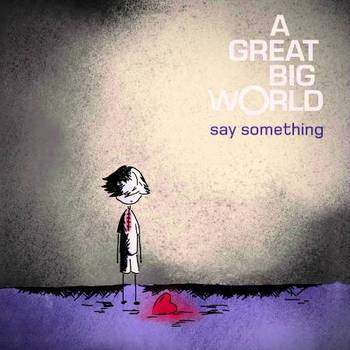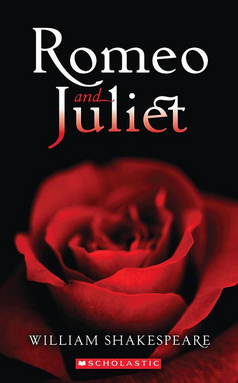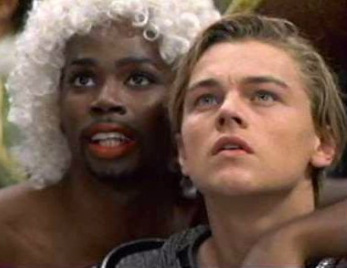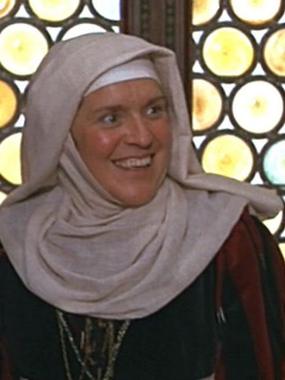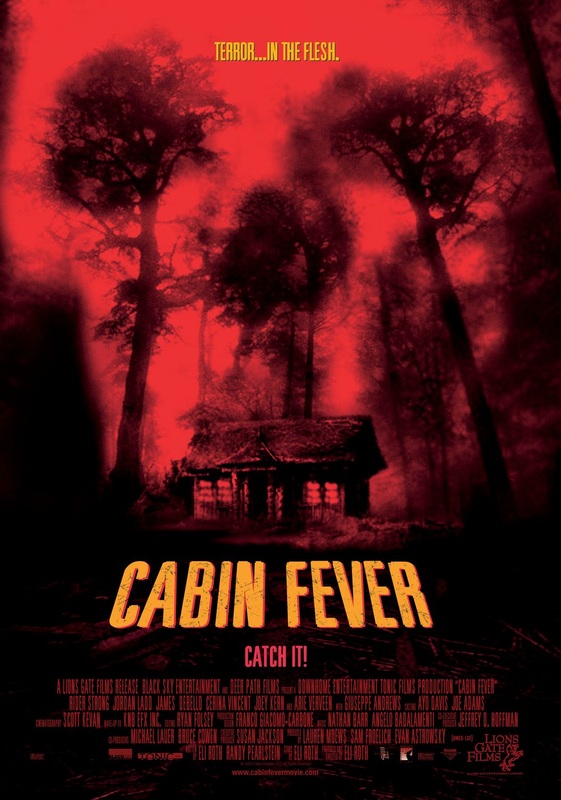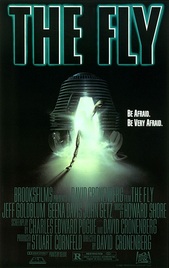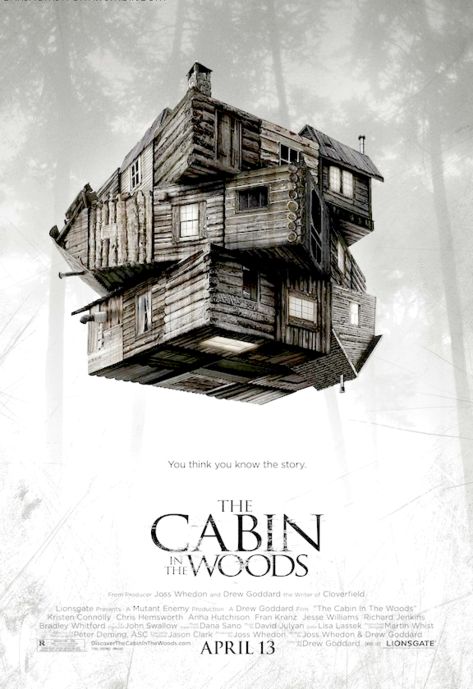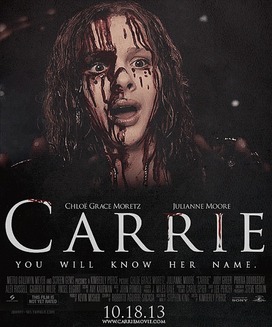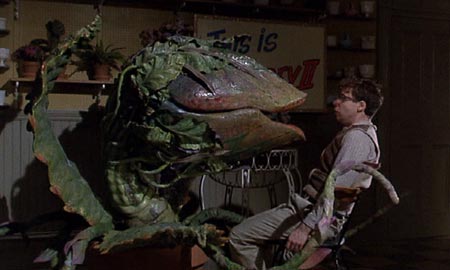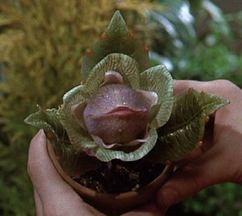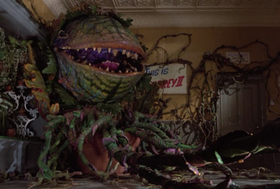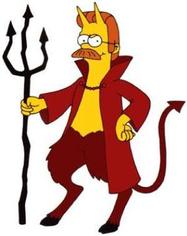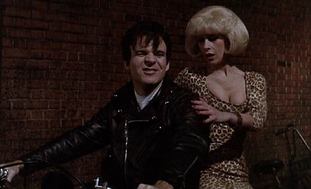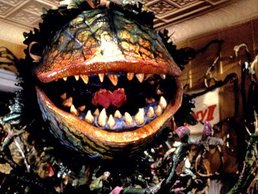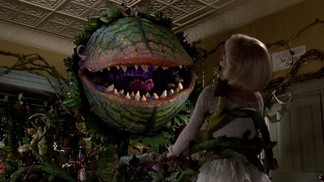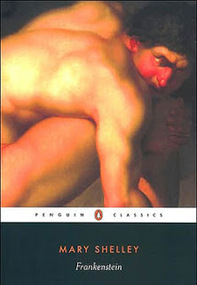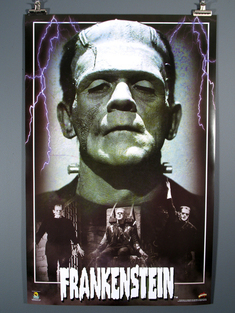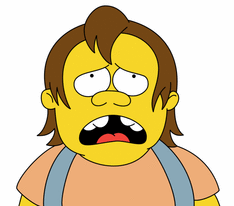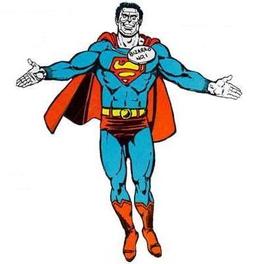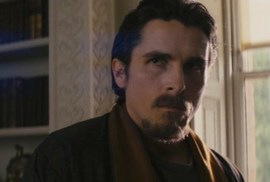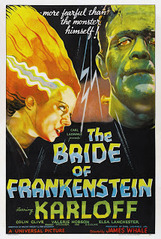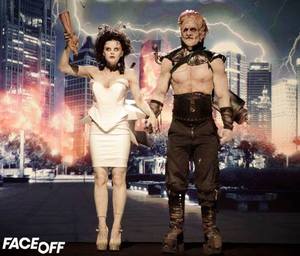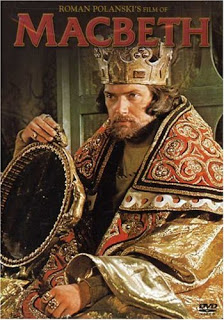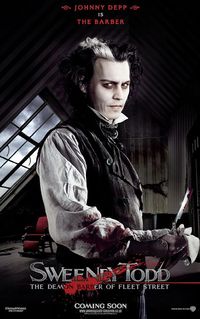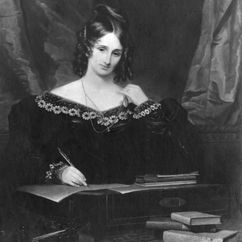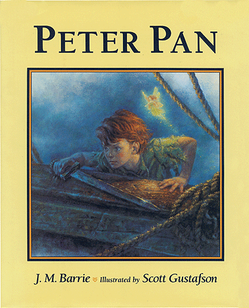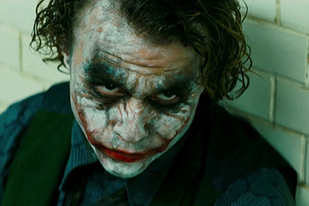While we're on the topic of modern classics, I can't resist tossing in one classic classic action hero, and it's not going to be Beowulf.
Let me know if I'm laying it on too thick.
If you haven't seen or read Macbeth, here's how it goes:
We first meet Macbeth with his friend, Banquo, returning from a successful battle.
They're skeptical at first, but when the small prophesies start coming true, Macbeth starts picturing himself on the throne. He mentions the incident to his wife, who jumps on the idea, and the two of them plan and carry out the murder of King Duncan while he's staying in their castle.
Macbeth loses his nerve in the middle when he sees the blood (killing a sleeping guest is a lot different from a battle, he explains to the audience), and Lady Macbeth has to finish setting up the scene to frame the guards they drugged, but with the first murder committed, so are the Macbeths, like it or not. When the guards wake up, Macbeth slashes their throats in front of the king's gathered entourage in a fake fit of rage to stop them from contradicting his version of events. The princes run for their lives, not sure who killed their father but sure that whoever it was will want them dead too, and with them out of the way, Macbeth seizes the throne.
That's when the next part of the prophecy starts to seem important to him. The witches told Banquo that his descendants will be kings, though he will never be one himself. To avoid his line being usurped, Macbeth has Banquo killed, but Banquo's son escapes, and Macbeth's paranoia keeps growing. He goes back to the witches to demand clear answers and only gets more cryptic prophesies, including that no man born of woman can kill him.
This is how vendettas happen.
This is also around the time when the guilt starts eating Lady Macbeth's brain, and she starts wandering around and saying incriminating things in her sleep that would make monologue-seeking actresses very happy for centuries to come, and then stabs herself offscreen.
She was the one holding things together while Macbeth wrestled his own doubts and the only person in on the coup with him. On his own, he starts to wonder if death would be better but can't bring himself to give up completely.
Macbeth stays on the throne until an army led by the survivors of the families he's destroyed comes to remove him, including Macduff, who (spoiler alert) was born by C-section, because apparently that counts, and who ultimately cuts off Macbeth’s head.
Okay, two words that probably don't immediately come to mind in relation to Macbeth are "action" and "hero."
I'll start with the first one.
Macbeth is definitively horror and tragedy, but as a writer of action-y sci-fi-y horror, I'm a big fan of calling things everything they are.
As for hero....
Well, by Aristotelian definition, Macbeth is a classic tragic hero. He's a larger-than-life protagonist with larger-than-life problems who self-destructs under his own tragic flaw. In Macbeth's case, power-lust.
What makes him unusual is how utterly, unforgivably unheroic his flaws are.
When asked to name the darkest hero you can think of who still counts as a hero, chances are you'd think of someone like this.
Macbeth does terrible things for terrible reasons. He doesn't have anything to avenge. He's not protecting the people he loves. He has the suggestion made to him that he could be king, and he starts slaughtering people to make it happen.
There is the question of whether the events of Macbeth are destiny, because the witches do accurately foretell them in advance, but there's no indication in the text that the witches can influence Macbeth's mind or actions other than by speaking to him like anyone else, and scholars generally agree that they can't.
Maybe their prophecies would have come true no matter what.
Maybe Macbeth would have died at a ridiculously old age after the treeline encroached naturally on the castle.
We don't know, because Macbeth doesn't try any of those things. We don't know the bounds of what was fated to happen, but whatever it was, it doesn't change the fact that Macbeth took those prophesies and chose the most horrific possible way to react to them. It doesn't change the fact that it took only the slightest verbal hints on the witches' part to make him a serial killer.
Lady Macbeth has her hands in things too, of course. She's at least equally horrible and has to coax him into carrying out the plot, but she has no way of forcing him, and Macbeth lets himself be persuaded. The way he brings up the prophesies to her can even easily be interpreted as him hinting that he wants someone to talk him into the conclusion he's not comfortable coming to on his own, and he commits the first three murders with his own hands.
The only reason we're able to feel for Macbeth is that Shakespeare's soliloquy-heavy style lets us into his head, where all his horribleness is so frighteningly human. His story is about wanting more, more power, more recognition, more respect. It's about fearing that his own weakness is what holds him back and will forever, and that decency and weakness may be the same.
I'll bet that any non-sociopath who claims never to have felt the same is a liar.
It's as if Shakespeare set out to see how reprehensible a serial killer he could force the audience to identify with, without giving him any absolution.
It's that creep factor that wins him the serious spot on this list.
Agree? Disagree? Comments are always welcome! Or keep up with my fictional musings by joining me on Facebook, on Twitter, or by signing up for email updates in the panel on the right!
